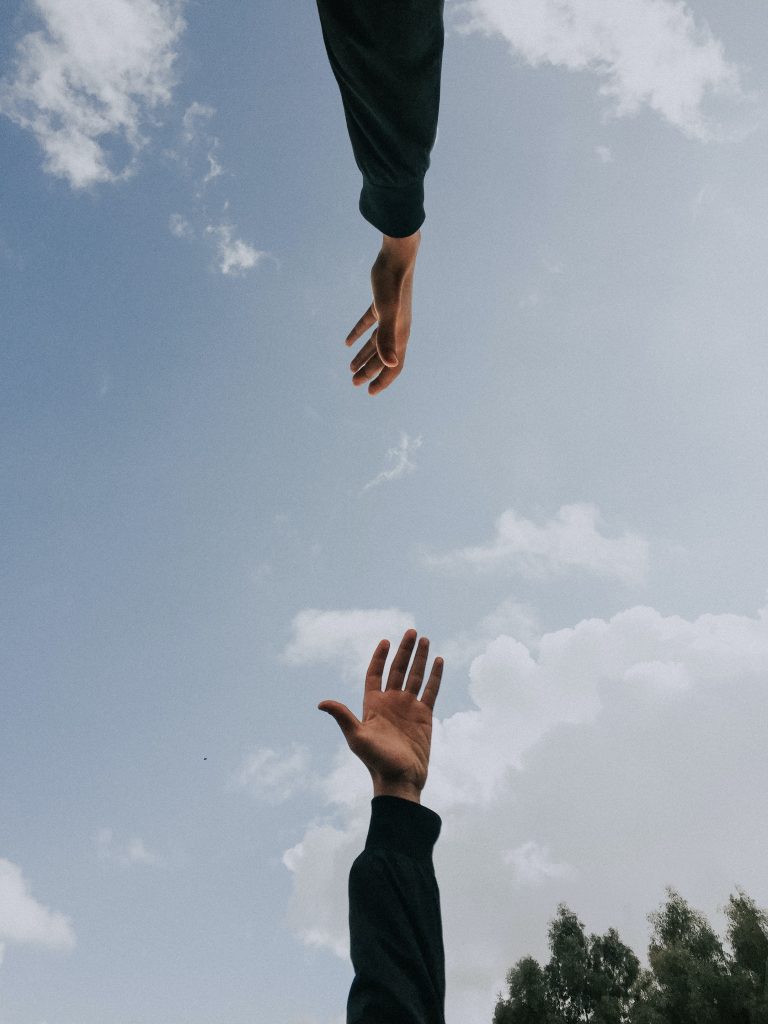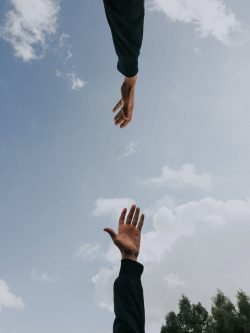For a lot of men, there is an emphasis on independence that is instilled into us from our youngest years. Our action heroes are strong, silent types, and we try to become as independent from others as we can. This independence, whether it’s economic, emotional, or physical is core to the ways in which a lot of men, especially Americans, think about and conceive of freedom.
While I certainly value this independence as well, I want to take a second and look at it carefully. Specifically, I make the case here that human beings are fundamentally interdependent on one another, and that is not a sign of weakness. In fact, I think it’s the foundation for communities of all kinds.

Foundations of Community
Our interdependence starts at our birth. Human infants, when compared to most other mammals, are relatively useless until they are a decade old. Or, in my take as a college educator, about 25 years. In those early years, we literally depend on other people to keep us alive and safe. If you’re old enough to read this, at some point, someone did choose to care for you in such a way that it kept you alive. They may not have done it out of the kindness of their heart, and they certainly made some mistakes along the way, but you have depended on others since birth.
This continues well into adulthood. If you look at something as simple as driving, we depend on each other to be reasonably close to rational such that, the vast majority of the time, we can all get to work safely. This is interdependence, and it is the glue that holds our daily lives together in societies.
Others Give life meaning
One of the works that I think about all the time is Plato’s Apology. In it, Socrates stands trial, accused of impiety and corrupting the youth, mostly because he spent most of his adult life making people question their beliefs and criticizing those in power.
Socrates is given the option to recant and go free. He is also given the option to become an exile. He declines both: he seeks the truth as best he can, but he also does not want to leave his community. His only other option, which he chooses, is execution. Why did he choose this?
In my view, Socrates understood, as his student Plato did, that to be human is to live in a community with others. Even if those communities are flawed, and they certainly are, human life is, at the end of the day, the life that is shared in common with others.
We not only depend on others for our early survival but also to give us something to work towards. We know from social science and psychology that people who feel as though they contribute to their communities are people who live longer, happier lives. So, yes, you need others. But this is not a relationship that is one-sided: others need us, too, and we add value to their lives as well.
No man, then, is an island. But we are valuable members of communities of people who are interdependent on one another.
